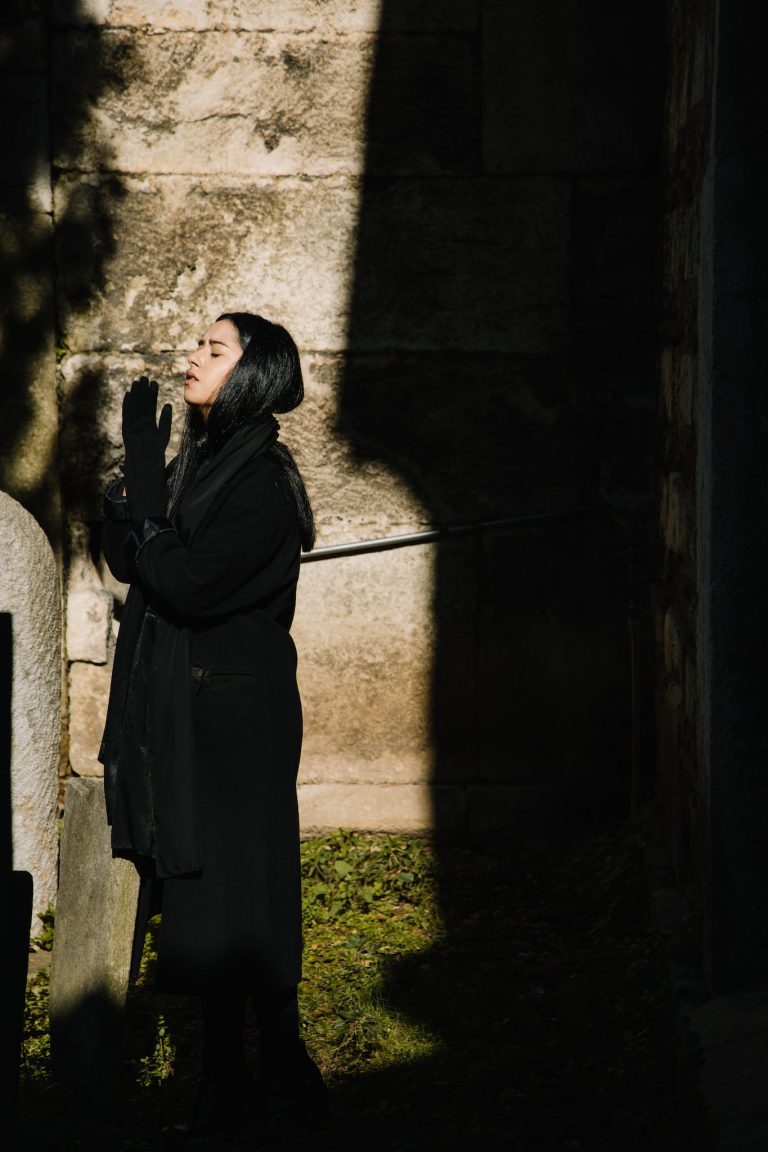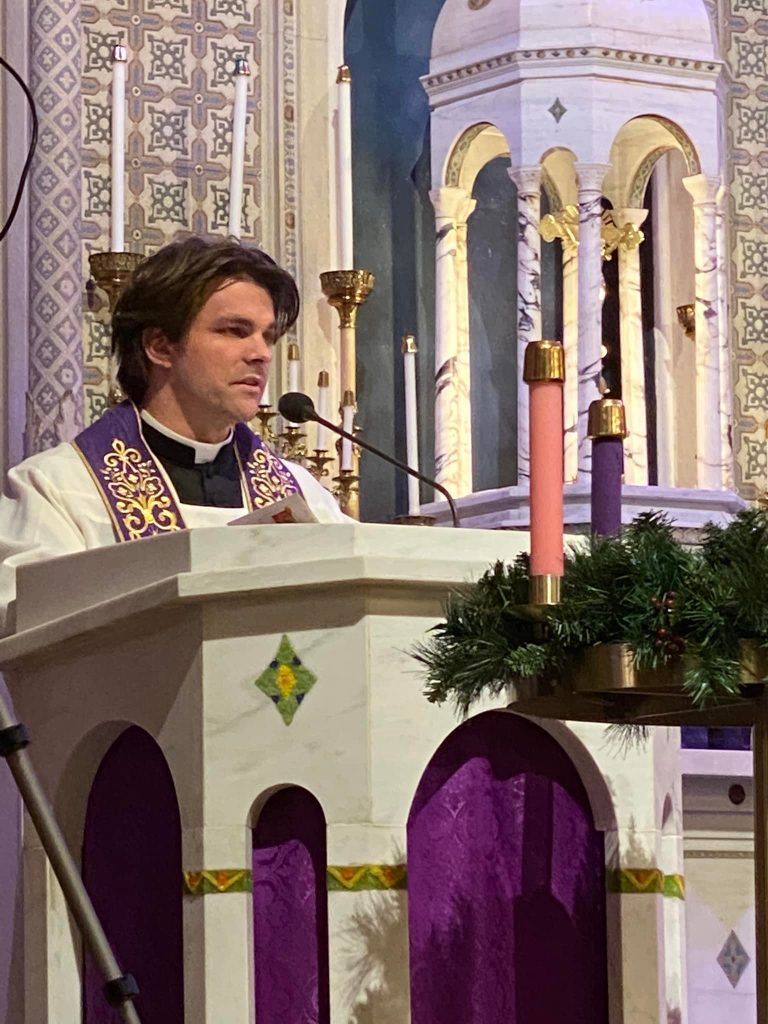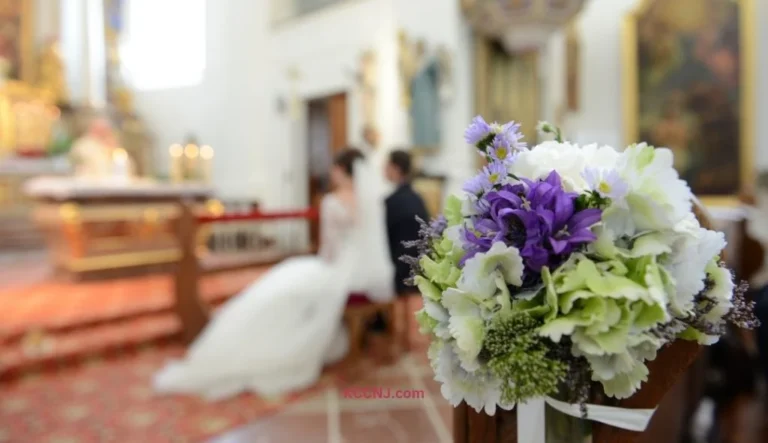Who is the Roman Catholic god?
The God that Roman Catholics worship is the one supreme being who created all things visible and invisible. He is eternal, all-powerful, all-knowing, all-loving, and perfectly good. Roman Catholics believe God has revealed Himself over time, ultimately through His Son Jesus Christ, the second person of the Holy Trinity.
The Nature and Identity of God
Roman Catholics believe God is both transcendent, existing beyond space and time, and immanent, actively working in creation. He possesses personhood—ability to reason, feel emotion, and enter relationships. Though one, God exists eternally as three persons in relationship—Father, Son, and Holy Spirit. This triune nature of God is central in Catholic theology.

God’s Attributes and Characteristics
Roman Catholics teach God exhibits particular attributes that describe His nature:
- Self-existence – God’s being is necessary, without beginning or end
- Unity – He is undivided in essence, energy, or will
- Goodness – God is the ultimate standard of perfection, righteousness, justice
- Love – Giving of Himself for the good of His creation is intrinsic to God’s nature
- Eternity – God exists beyond constraints of time
- Omnipotence – Ability to do all things consistent with His nature
- Omniscience – Perfect knowledge of all actual and possible realities
- Omnipresence – Presence everywhere without exclusion
- Immutability – Constancy of character — God does not change
- Impassibility – Not given to emotion or pain — passions would limit perfection
- Justice – Maintains moral order according to reason and righteousness
- Mercy – Compassionate restraint of God’s judgment in face of mankind’s rebellion
These characteristics originate in God Himself rather than external standard. They guide Roman Catholic understanding of how God relates to humanity and the created universe.
God as Holy Spirit
Roman Catholics believe God is three co-eternal persons in one divine nature, explicitly affirmed in the doctrine of the Trinity. They include:
God the Father – Ultimate source from whom the Son and Holy Spirit eternally proceed. Creates and sustains all things, desires relationship with mankind, whom adopts as children by grace. Reveals Himself and His plan of salvation across sweep of human history.
God the Son (Jesus Christ) – Second person of Trinity who took on human nature while retaining full divine nature. Revealed God most completely during incarnation, public ministry, death on a cross, and resurrection to restore broken relationship between God and humanity.
God the Holy Spirit – Third person of Trinity sent by Father and Son to act in the hearts of mankind. Sanctifies believers, guides the Church, empowers sacramental and spiritual life of individual Christians seeking to know God’s will.
These three persons share perfect unity and community in shared substance and divinity. Each person of the Trinity relates to mankind in distinct ways, even while seeking the unified work of redemption.
Revelation of God Through Jesus Christ
Roman Catholics look to Scripture and sacred tradition as two fonts revealing God’s full identity. These divine means of revelation found ultimate fulfillment in Jesus of Nazareth, whom the Catholic Church teaches to be fully God in flesh—the incarnation of the eternal Son and Second Person of the Trinity. Catholics believe Jesus Christ is the ultimate revelation because, in seeing Him, mankind has seen the Father.
Christ discloses God through His teachings, miracles testifying divine authority, transformative gracious example while living among humanity, sacrificial death satisfying justice and atoning for human rebellion, conquering sin and death by His resurrection, and sending of the Holy Spirit upon the embryonic church. Roman Catholics seek relationship with Father, Son, and Holy Spirit through devout spiritual and sacramental encounter with Jesus Christ.
The Relationship Between God and Humanity
The Catechism of the Catholic Church teaches that God creates mankind solely out of love and in His image. He wills not servants but adopted children who respond freely in return for love. Through mankind’s rebellion against God’s wise boundaries, sin entered the world, corrupting the relationship between Creator and creatures. God’s redemption through Jesus allows for forgiveness, restoration, and elevation into God’s very life for all who respond in faith and work through love.
Roman Catholics believe each person is judged at the end of their earthly life according to their cooperation with God’s grace—rendered present through the sacraments—and incorporation into Christ’s body, the Church. The eternal destiny of hell or heaven weighs in the balance. The latter means mystical union and beatific vision, seeing God body to body. In fact, this constitutes the fundamental purpose and goal of human existence in Catholic theology.
Conclusion
Roman Catholics worship one God who acts relationally as Father, Son, and Holy Spirit. By God’s initiative, mankind can find loving fellowship with the Trinity through Jesus Christ and empowerment by the Holy Spirit unto eternal life. This glorious divine-human intercommunion reveals much about the loving and relational nature of the Triune God whom Catholics around the world call Father, Savior, and Sanctifier. They seek to magnify His gracious work in their lives and faith community until He brings them into glory everlasting.







